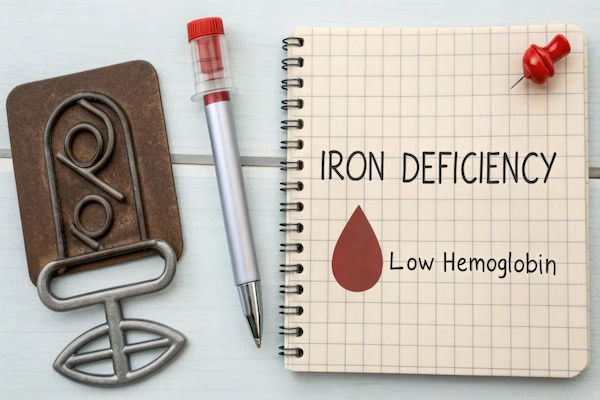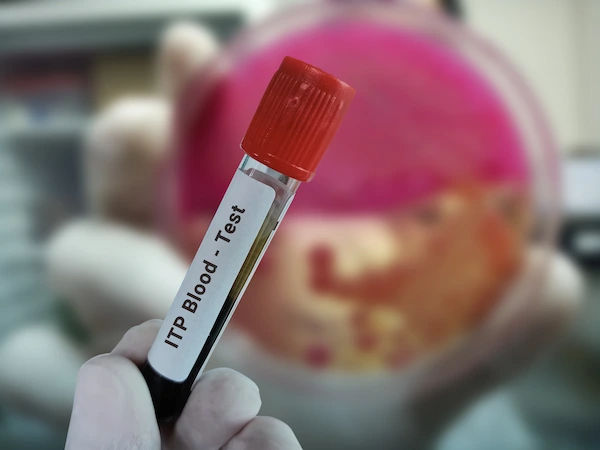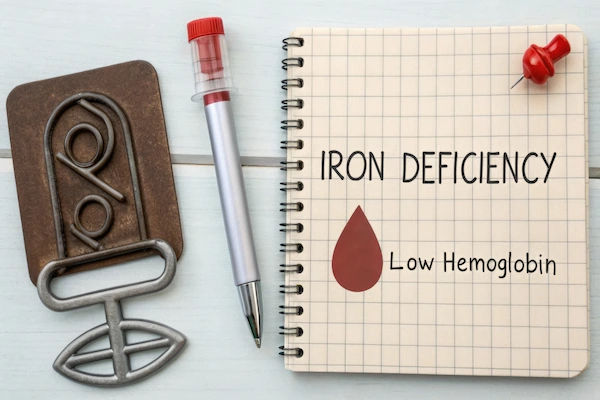- female
- 30 Years
- 01/04/2021
What are the symptoms of lack of iron?
Answered by 1 Apollo Doctors
Tiredness or lack of energy, noticeable heartbeat, pale skin, irregular periods
Dr. Kareemulla Suggests...
Consult a Haematologist
Answered 04/07/2025
0
0

More Haematology Health Queries
View allI've been dealing with a vitamin B12 deficiency for a couple of months and started getting B12 injections weekly for six weeks. I just got my levels checked again, and now they're over 2000. Is this normal, or should I be worried? Also, I have some other blood work results like hemoglobin at 15, platelets at 346, and WBC at 7800. I'm curious if these are all interconnected somehow. What's going on with my blood tests?
consult physician
read more![Doctor 1]()
![Doctor 2]()
Answered by 1 Apollo Doctors
I'm really concerned about my dad's health. He's been having an unusually high WBC count, but he doesn't show any symptoms of leukocytosis. The blood smear and spleen tests all came back normal. He's stable, with no fever or inflammation, but his WBC count keeps fluctuating between 52000 and 28000. What could be causing this variation in his WBC count when everything else seems fine?
it's normal
read more![Doctor 1]()
![Doctor 2]()
Answered by 1 Apollo Doctors
My PT level is 19.3 and I'm a bit worried is this something serious that needs attention or could it improve as I get older? Also, would it be safe to go through surgery with levels this high?
A PT of 19.3 is high and could delay surgery. It may point to liver issues or vitamin K deficiency. Needs further evaluation and correction before any operation.
read more![Doctor 1]()
![Doctor 2]()
Answered by 1 Apollo Doctors
Disclaimer: Answers on Apollo 247 are not intended to replace your doctor advice. Always seek help of a professional doctor in case of an medical emergency or ailment.





